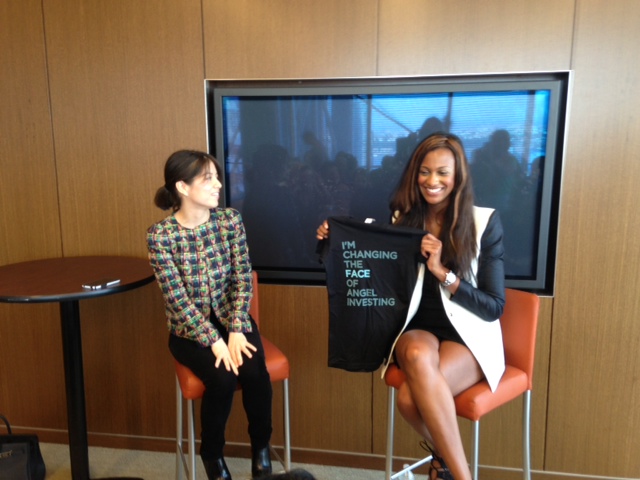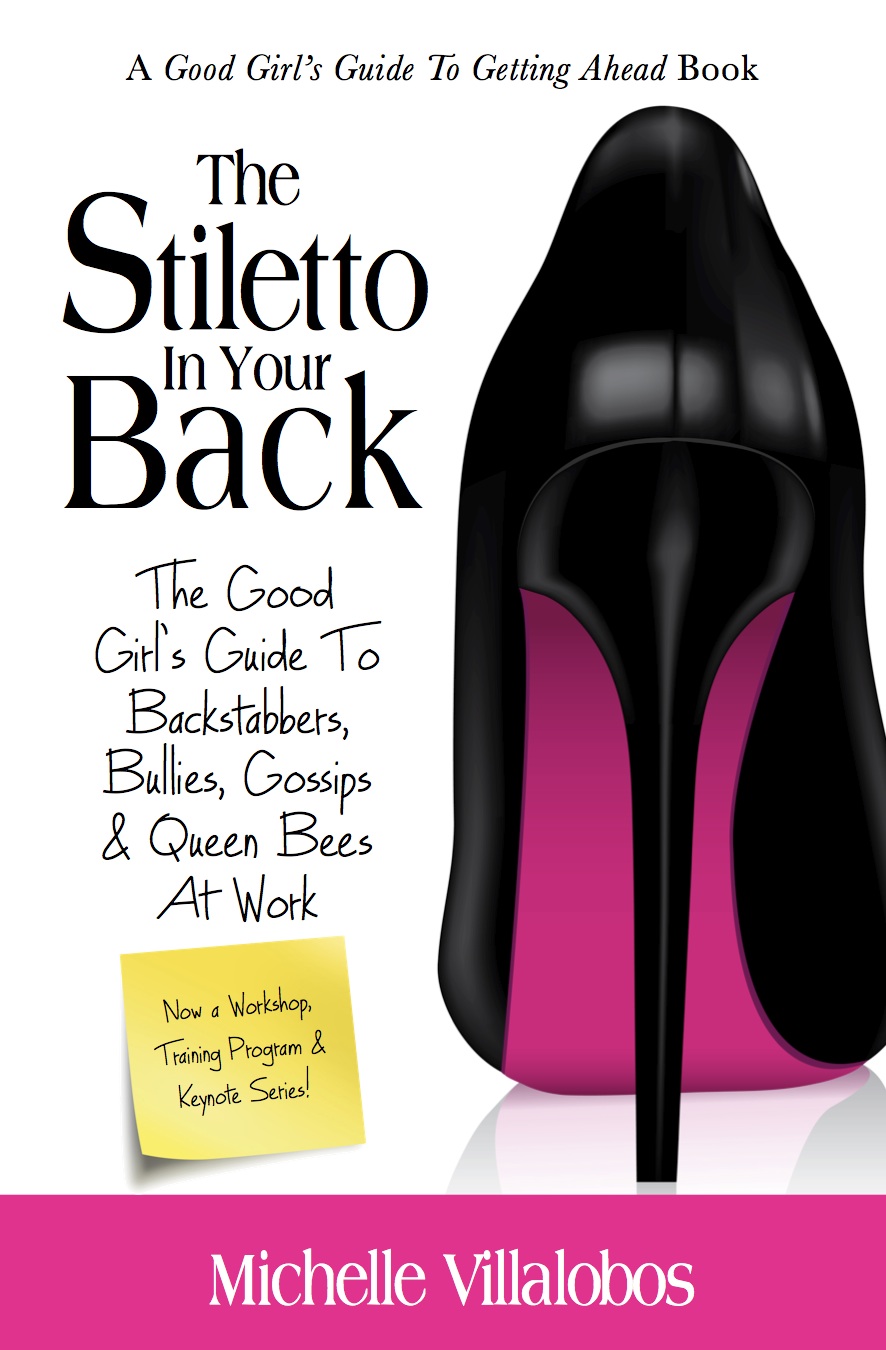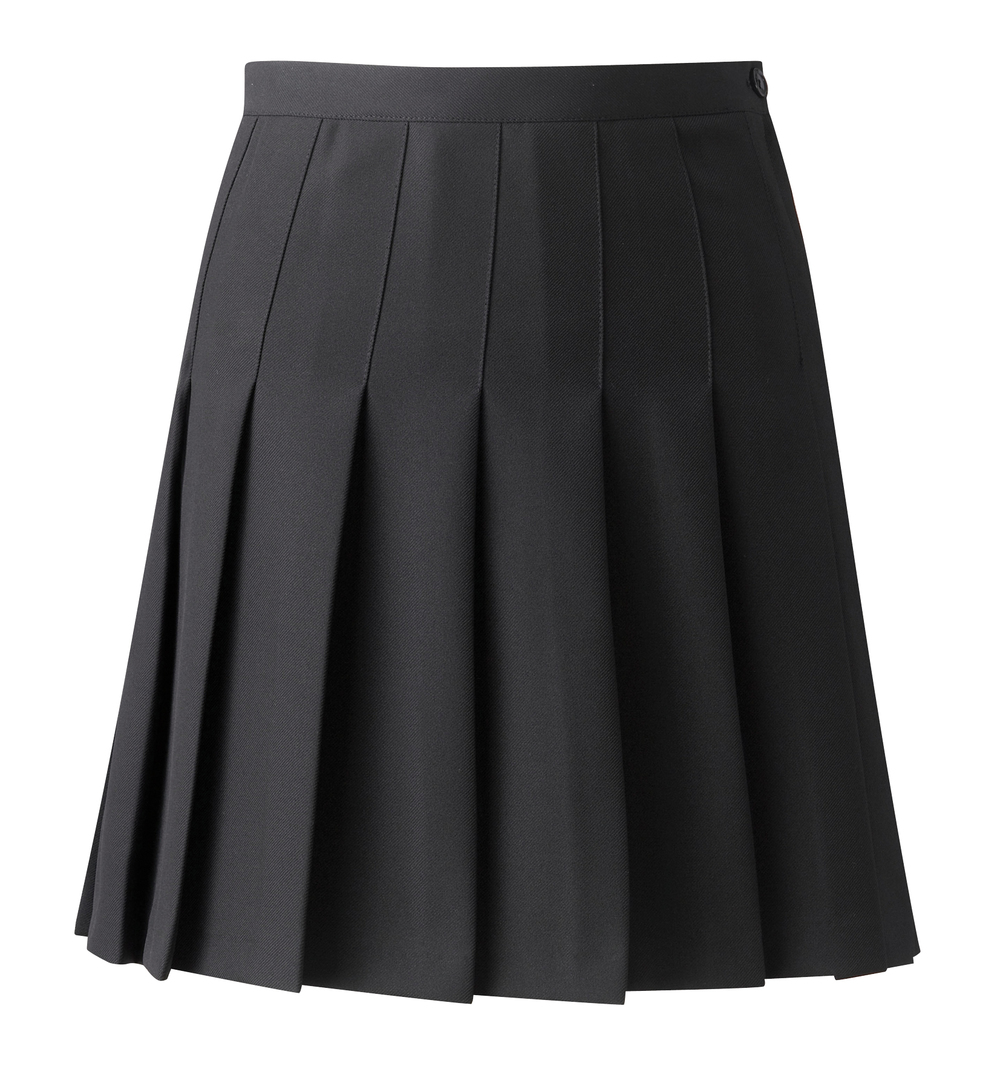Investing in women
/July 17, 2013
This morning I attended a breakfast talk given by the Pipeline Fellowship and featuring guest speaker and serial entrepreneur (and she's not even 30) Lauren Maillian Bias. She started in modeling and then became a successful winery owner, as well as taking on many other roles, including that of investor in other people's companies. Which brings us to Pipeline.

Pipeline was founded by the equally young and dynamic Natalia Oberti Noguera (see #21), to train women who have some money - they're usually already philanthropists - to become angel investors. Only 16% of women-owned firms seek angel funding (25% of those get it). Currently, 21% of angel investors are women - a big leap from last year, one Pipeline has contributed to and wants to continue to fuel. The idea is that if more angel investors are women, more female-owned companies are likely to receive funding. Here are a few takeaways from today's event, mostly tips for entrepreneurs:
- Bias said one major turnoff for an investor is an entrepreneur who is not prepared. Potential investors will have many questions and she says when she asks a fairly simple question of an entrepreneur, such as, 'What would you do if you and your business partner parted ways?' and they can't answer, it's a major warning sign. That, and not having thought through a whole slew of potential money questions.
- If you email an investor and he/she hasn't got back to you in 24 hours, do not take to Twitter to chase them down. This has happened to Bias and she called it 'obnoxious' behavior. By all means follow up, but give it a while, and think about the way you're coming across (this seems obvious but apparently it escapes a lot of people).
- As nearly always happens at these kinds of events, Bias, a single parent of two young children, was asked how she managed work and family. She was refreshingly open about this: it wasn't a problem. Her kids are part of her life, her work is part of her life, and that's that. There is no conflict. She said her kids boast about speeches she has given and like to play 'conference calls' and meeting planning with friends when they came over to their house. They think she's cool. She didn't seem remotely stressed about this. Part of me wonders if this is an entrepreneur thing, the other part reflects that Bias was only in her early twenties when she had her first child, and perhaps it's easier to integrate everything when you haven't had that much time to think about it. Again, though, this comes back to entrepreneurship - Bias has never had a traditional job, so she hasn't had to worry about maternity leave or re-integrating into a job and how that company will treat her once she's back. A lot of women in corporate life report their career problems began after they had kids. It was good to hear from someone for whom the oft-cited 'juggle' isn't a big deal (yes, she has a nanny, and she is not struggling financially, which makes all this a lot easier).
- Natalia Oberti Noguera made a couple of points that came out of a recent conference she attended. First, she said another conference attendee had announced that as far as women and people of color go, you can't do a Mark Zuckerberg and drop out of college to become an entrepreneur - 'they need a brand', she said. What works for young white guys doesn't work for everyone. We are seen differently by investors (who are mostly white males) depending on our traditional place in the culture. Talking of women of color, I found out about the group Michelle O Brunch, which caters to 'ambitious African-American' women from 25-44, according to its founder, who was at today's event.
- Second, Oberti Noguera mentioned that the 'money' part of the conference took place on Sunday and that it was not very well attended. Which, obviously, is a shame if you're an entrepreneur or an investor hoping to make connections. This reflected something I noticed at a women's summit I went to last month. Saturday was the final day, and there was a half hour talk on managing your finances that took place around lunchtime. The speaker, Manisha Thakoor, was excellent and funny; I learned a lot. But the room really emptied out when her talk was announced. It's worth repeating in the hope we can recognize this and change things: many women are terrified of and/or bored by money. We hope to somehow avoid discussing it. Even female entrepreneurs do this. A successful business owner I interviewed last year told me many women she mentors say they don't want to grow their companies because they're afraid of their finances. They want to keep things small and 'manageable'. Oberti Noguera told me that some of Pipeline's female angel investors, after their training, have told her that training has helped them better manage their own finances.
- Finally, a question I didn't get to ask at the event: did any of you read this piece by Gotham Gal Joanne Wilson? In it Wilson, an investor, says she wishes women entrepreneurs would lighten up a bit when they meet with her. The men have a breezy ease of interaction, she says, whereas often women come across as intense and serious. But as many women know, the way we come across to others, especially in a business context, is a truly fine line. One of my correspondents says bitter experience has taught her to err on the side of breezy/slightly ditzy, as she was previously accused at work of being overly serious. Commenters on the Wilson post say the opposite. I'd love to hear what people think. Post a comment below if you get a chance.

